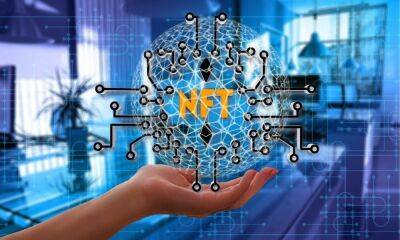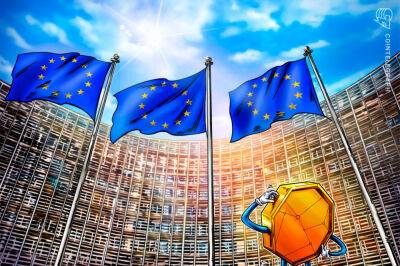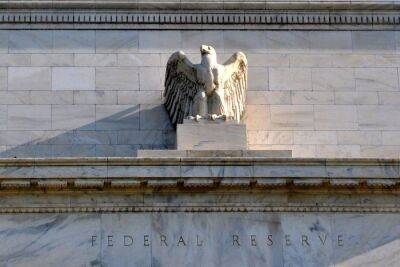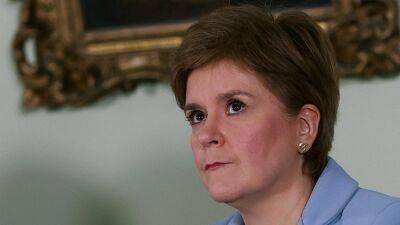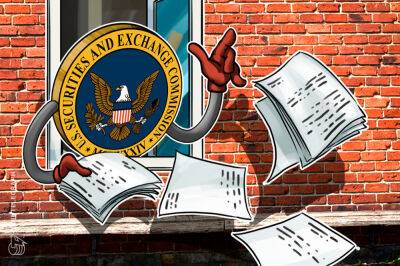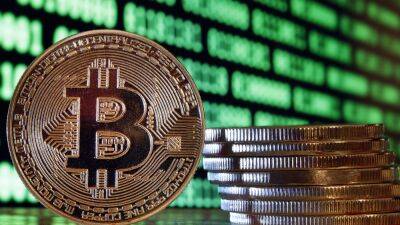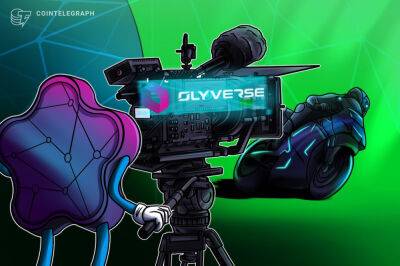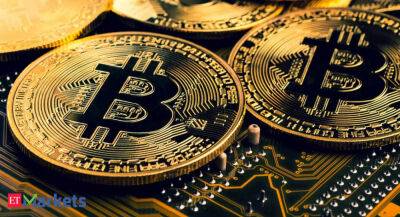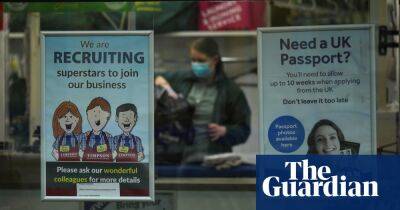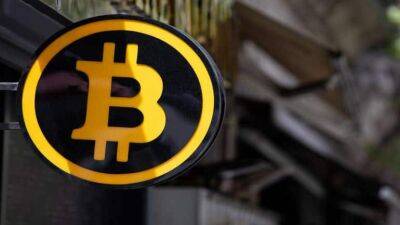Buy now, pay later boom ought to worry UK regulators
A tale of Big Tech and whizzy financial lenders moving faster than plodding regulators and governments is hardly novel but two news stories this week hammered home the contrast in the “buy now, pay later” (BNPL) market – where the financial products, critically, remain unregulated in most cases.
First, Apple said its new iPhones in the US would offer a BNPL feature on Apple Pay from the autumn, giving users the option to make payments via an interest-free four-month loan. The innovation could be brought to the UK a few months later, providing stiffer competition for the likes of Klarna. The entry of Apple, one can confidently predict, will further fuel the growth of BNPL. Even as it is, the annual volume of lending is estimated to have more than doubled in 2021 in the UK from the £2.7bn calculated by the Financial Conduct Authority (FCA) for 2020.
Second, Citizens Advice showed how BNPL lending is blending into the regulated credit card market. According to the charity, 42% of recent BNPL shoppers in the UK relied on credit cards or other forms of borrowing to pay what they owed. Its description of shoppers “piling borrowing on top of borrowing” seems broadly accurate. At the very least, one can see a picture of consumers juggling and shuffling debts, a pattern of behaviour that ought to worry regulators with duties to look out for consumers’ interests.
And, to be fair to the FCA, it is concerned. After a review in February 2021, it said there was “a strong and pressing case to bring BNPL business into regulation”. Nor should there be much debate about the form of regulation. The general principles only need to roughly mirror those elsewhere for unsecured credit: affordability checks; clear and honest marketing; free debt
Read more on theguardian.com

